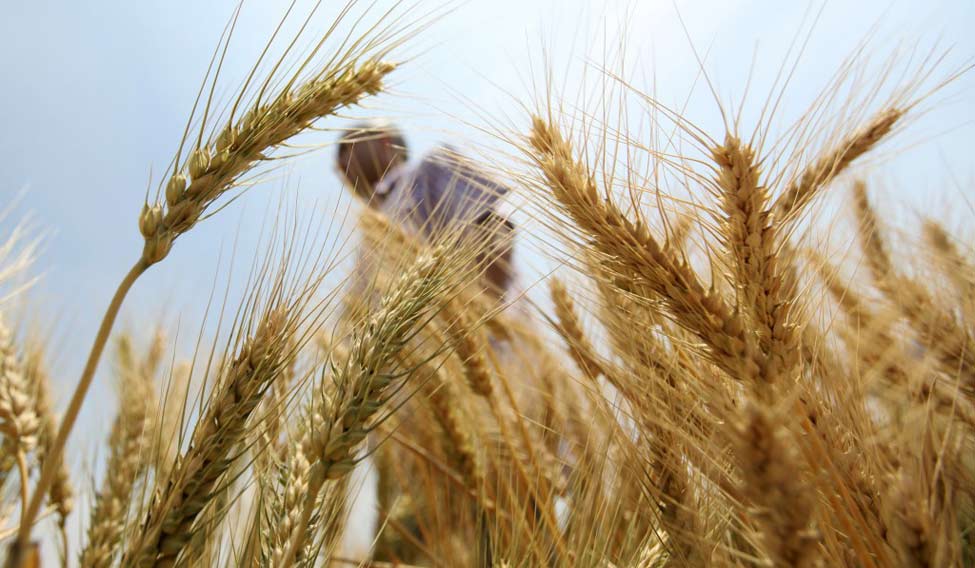Sowing of wheat in the current rabi season has dipped by 4.7 per cent over last year, signaling that sowing of the winter food crop has declined on an annual basis for the first time in five years. Farmers and experts see this as an impact post demonetisation.
Union agriculture ministry's crop sowing data on Saturday showed that planting of wheat had declined to 283.46 lakh hectares this year, compared to 297.67 lakh hectares of wheat planting achieved on the same day last year.
Along with wheat, planting of nutritious coarse cereals, which many state governments too are promoting still declined slightly this year from 52.75 lakh hectares last year to 52.54 lakh hectares on January 4, 2018.
Other rabi crops like rice and pulses saw an increase in their sowing area. The increase has been the most of rabi paddy sowing this year, which witnessed a near 50 per cent jump in sowing area to 18.77 lakh hectares from last year.
The ministry data indicated that wheat acreage had dropped in states like Uttar Pradesh, Madhya Pradesh, West Bengal, Rajasthan and Maharashtra.
Sowing of oilseeds also remained lower at 76.69 lakh hectares so far this season, from 80.77 lakh hectares achieved last year. A lower amount of oilseed output in the country could prompt imports of edible oil by India.
Experts believe that late monsoon rains had ensured that farmers could take a chance with paddy this year. "The area lost in wheat has been mostly diverted for paddy and pulses plantings this year by farmers," said J.S. Sandhu, director (crop sciences), Indian Council of Agricultural Reasearch (ICAR).
Sandhu said that the diversification of crops was prompted by lower prices fetched for wheat in growing states last year by farmers. Farm leaders said that in Uttar Pradesh farmers were offered prices lower than Rs 1200 per quintal for the food grain post-demonetisation. "Wheat has become the bane for farmers as many has not even recovered their planting costs of the last crop," said Rakesh Tikait, National President, Bahujan Kisan Dal.
The overall stock of the food grain, however, is seen to be adequately over and above the requirements of the Central Pool Stocks, a food grain holding requirement held by the Food Corporation of India (FCI).






